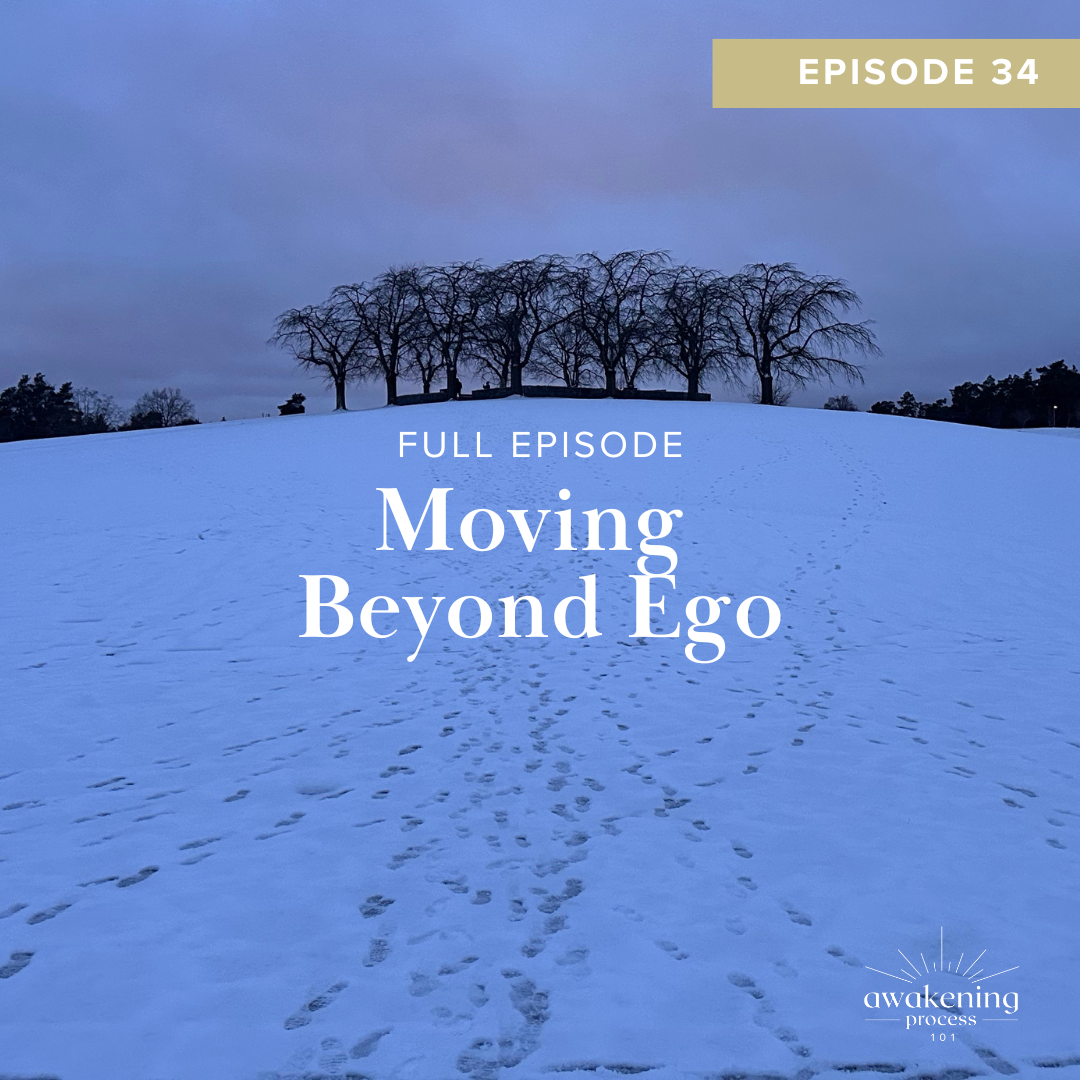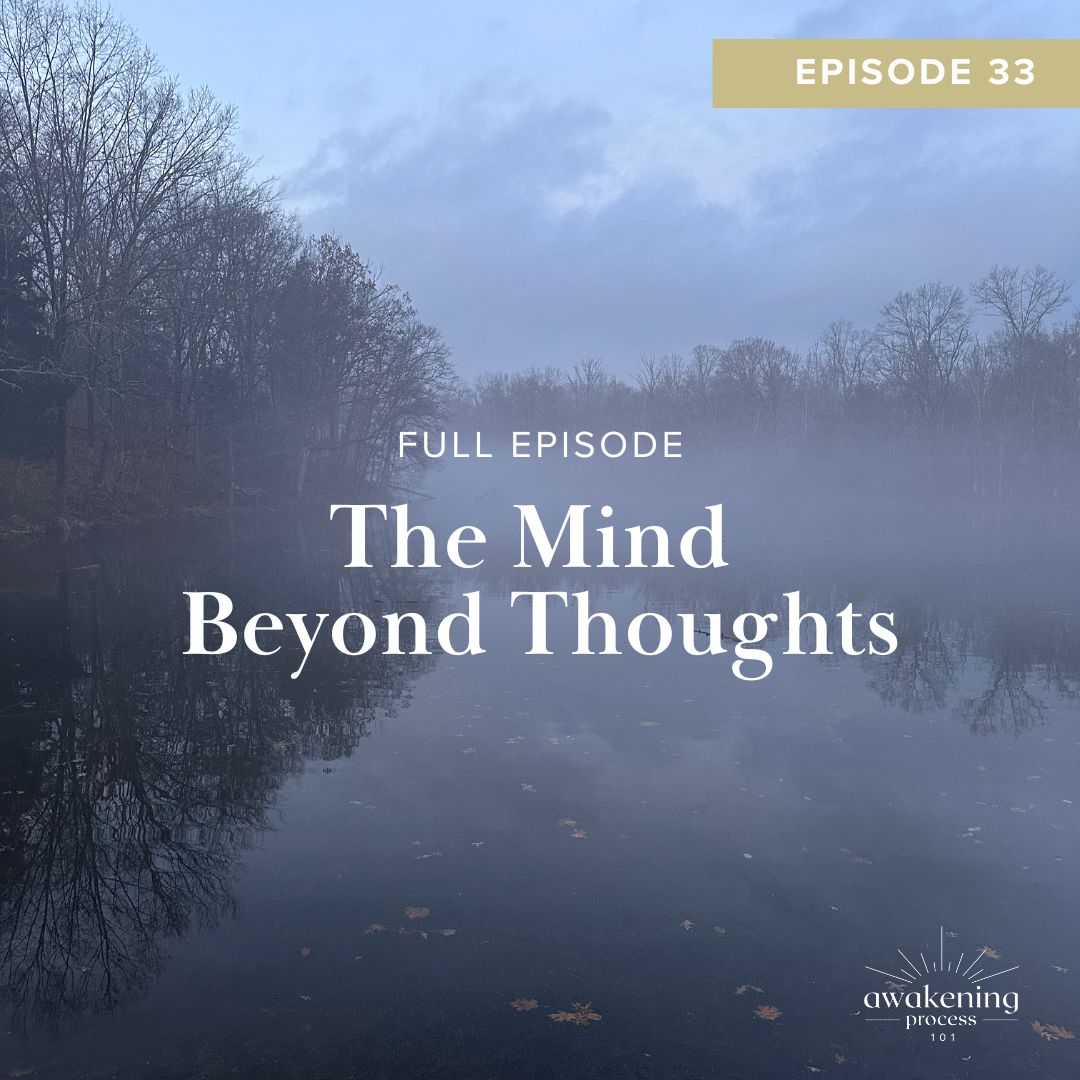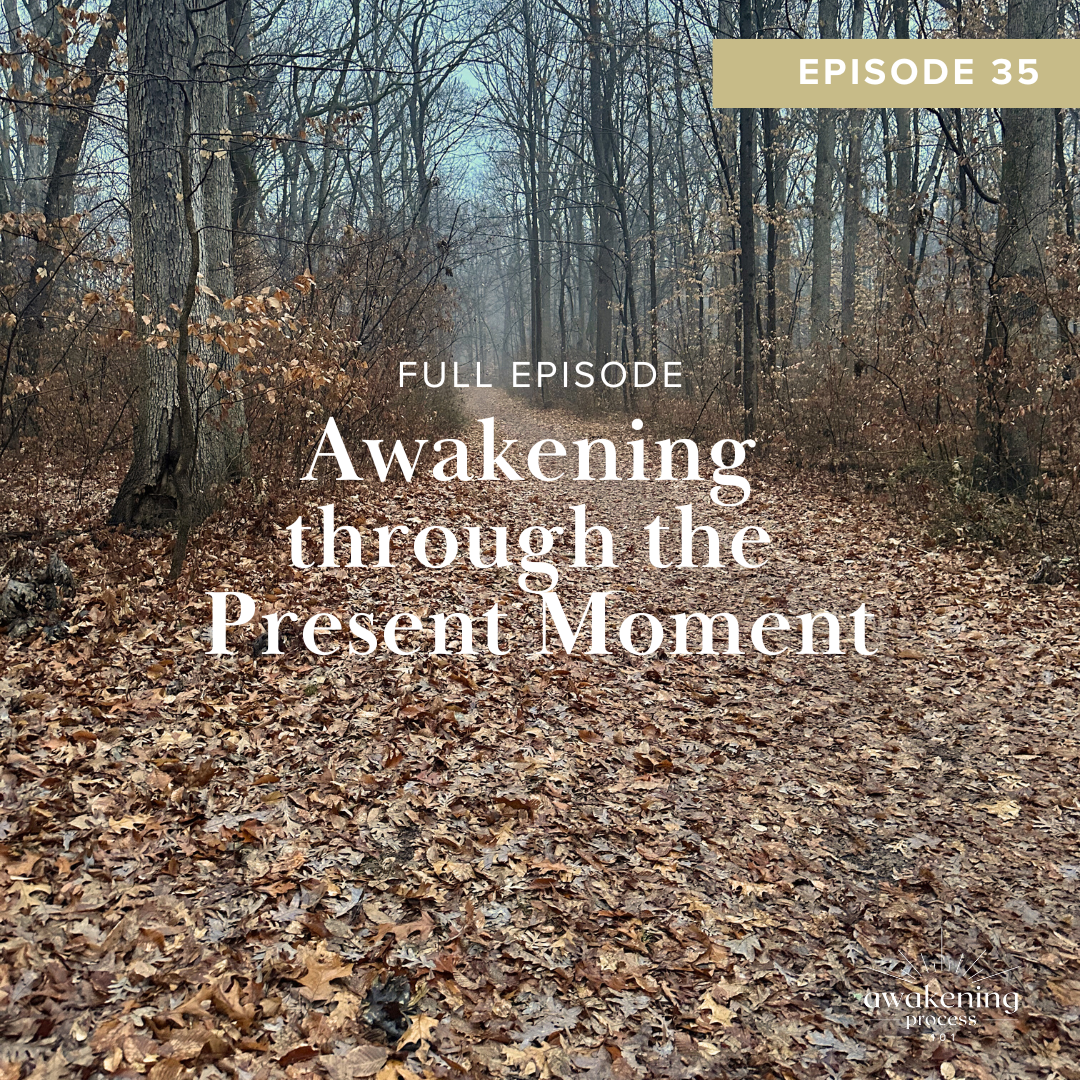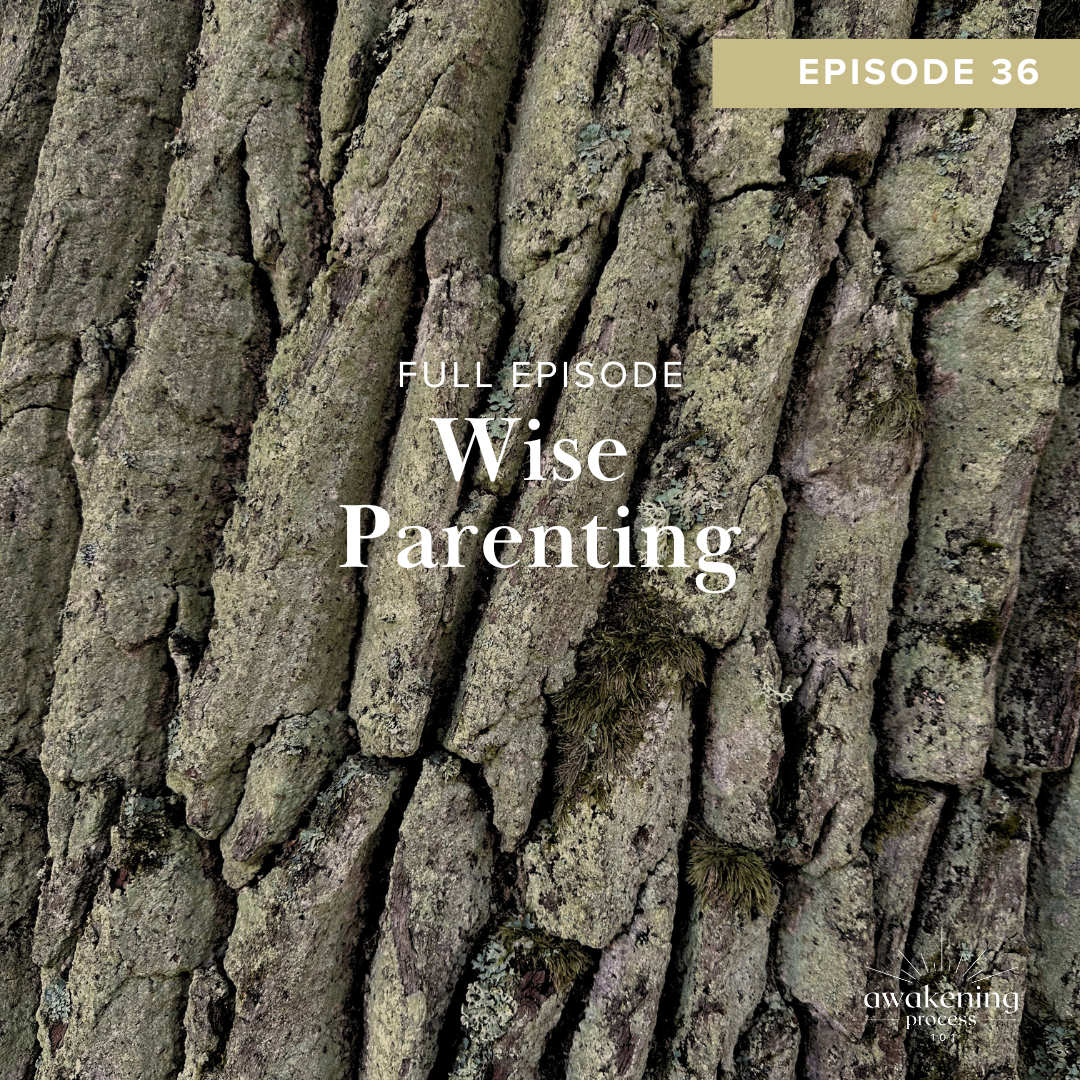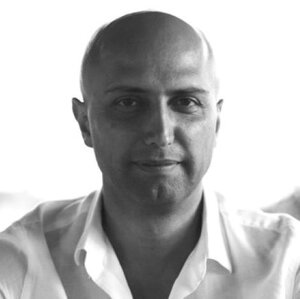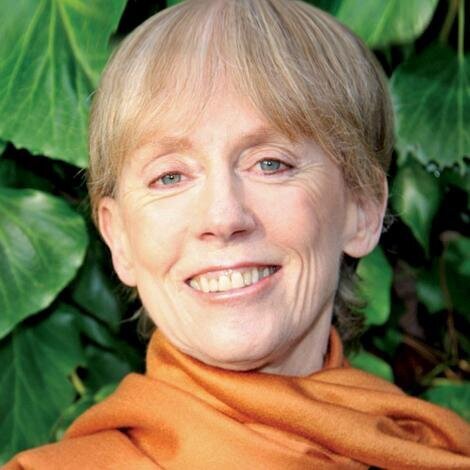Radical Forgiveness Part 1
Radical Forgiveness
Podcast Summary
There are seasons in life that invite us, sometimes gently and sometimes abruptly, to shed the layers of illusion we have wrapped ourselves in. We find ourselves standing face to face with discomfort, betrayal, and confusion, wondering how to make sense of it all. Forgiveness is often offered as the way through. But what does forgiveness truly look like when the pain runs deep? When we cannot simply move on or place a spiritual bow on something that broke us open?
In this episode of The Awakening Process 101, Louise and I explore a different approach to forgiveness, one that does not ask you to bypass your truth but instead invites you to meet it. We reflect on the idea of radical forgiveness, rooted in the understanding that every experience, every trigger, and every rupture can become an invitation to remember who we truly are. This is not about excusing harm. It is about reclaiming the energy bound to the past and allowing pain to become a doorway. A sacred return. A gentle softening back into self.
The Concept and Spiritual Meaning of Radical Forgiveness
Radical forgiveness, as we explored in this episode, is not an intellectual idea. It is a frequency, a lived and felt orientation toward life that allows us to stop resisting what is and begin trusting what is unfolding. Through the lens of Colin Tipping’s work, we touched on the idea that every soul in our life, even those who have hurt us, may be playing a meaningful role in our evolution. This does not mean condoning harmful behavior. It does mean allowing for the possibility that the people who crack us open are, in a strange and sacred way, helping us wake up.
This kind of forgiveness is not passive. It is a courageous energetic recalibration. It invites us to ask whether anything has truly gone wrong, and whether the breakup, the rupture, or the betrayal might have been part of our soul’s learning. From this space, we begin to loosen our attachment to victim consciousness and root ourselves in personal truth. Radical forgiveness does not ask us to forget. It asks us to see differently. It is about moving beyond the story and into a deeper field of trust, where pain and power can coexist without forcing us to choose between them.
Personal Journeys of Forgiveness and Self-Awareness
Forgiveness became real for me in the raw and unfiltered spaces where life did not follow my plan. When my husband entered rehab, I was cracked open. My nervous system, my belief systems, and my sense of control all came undone. In the early days, I wanted to blame and I wanted to fix. Beneath all of that, there was a quiet whisper asking what this was showing me about myself. That was the moment when everything began to shift. The external circumstance was only the surface. The deeper work was reclaiming the parts of myself I had abandoned long before.
Louise shared a powerful reflection about her divorce and how, after years of inner work, she found the courage to reach out to her former partner and speak the truth of her heart. Not to reopen wounds, but to take responsibility for how her own childhood trauma had shaped their dynamic. That conversation was not about resolution. It was about reclamation. Together, we reflected on how radical forgiveness begins the moment we stop looking outward for relief and start asking what wants to be seen within us. These personal stories are not shared to prescribe a path, but to reveal what becomes possible when we choose truth over protection.
Practical Tools and Daily Practices for Forgiveness
Forgiveness is not a destination. It is a devotion. A moment by moment choice to soften where we have hardened, to notice where we have been caught in loops of blame, and to open a little more to what is. One of the most transformative tools we spoke about in the episode is the pause. The breath before the reaction. The sacred still point that allows the nervous system to settle and the heart to speak. When we pause, we remember that we are not our pain. We create space for a new choice to emerge.
We also explored self inquiry as a daily sacred practice, not from a place of self judgment, but from radical curiosity. Questions such as what part of me is activated here or what am I trying to control become doorways into awareness. My time in Al Anon taught me so much about energetic boundaries and co dependency, especially how often I confused love with fixing. In the episode, we closed with a guided meditation that gently returns us to the body, to the breath, and to the energetic field where forgiveness lives not as a thought, but as a felt experience. These practices do not offer quick relief. They offer real integration, one breath at a time.
Conclusion
Forgiveness is not something we do to be good. It is something we choose when we are ready to be free. Free from the stories, the repeating loops, and the lingering pain we carry in our bodies. Free from the expectation that someone else will make it right. Radical forgiveness is about energetic liberation and about returning to integrity with ourselves. It is not always graceful. Sometimes it is messy. Sometimes it hurts. But it is always holy.
If you are holding something heavy, or if there is someone or something you cannot seem to let go of, I want to remind you that you do not have to do this perfectly. You do not have to force forgiveness. Begin instead with curiosity. Breathe. Soften. Ask what is truly asking to be seen. Forgiveness, as I have learned, is not an endpoint. It is a path back to wholeness. A way of remembering who you are beyond the wound. And when we walk that path, even in small steps, we meet our most radiant and powerful selves again.

